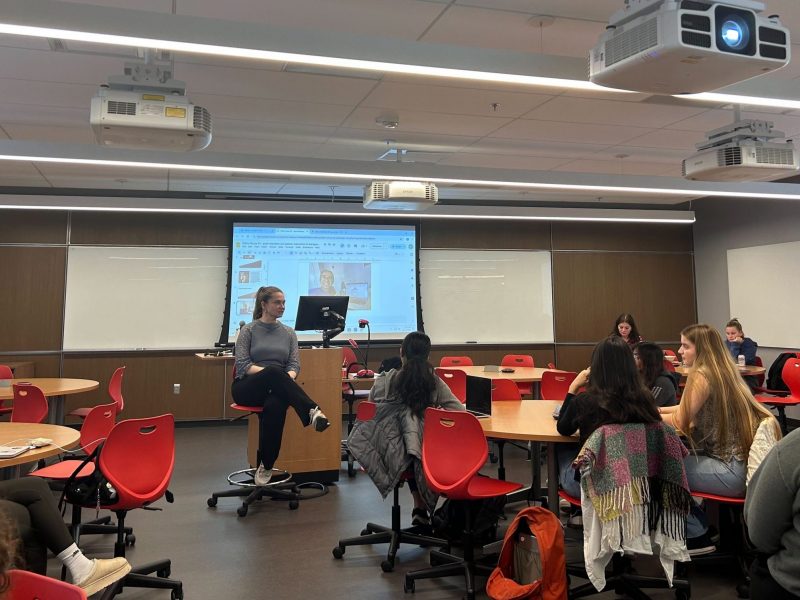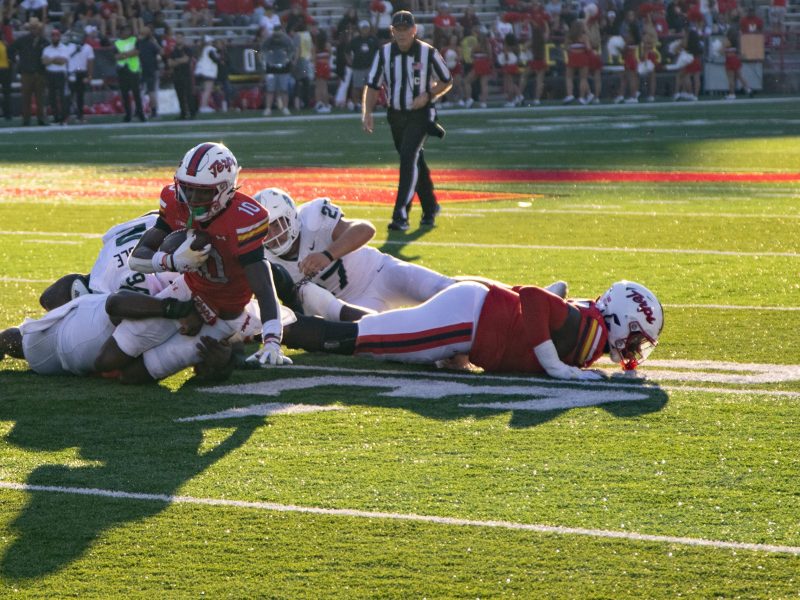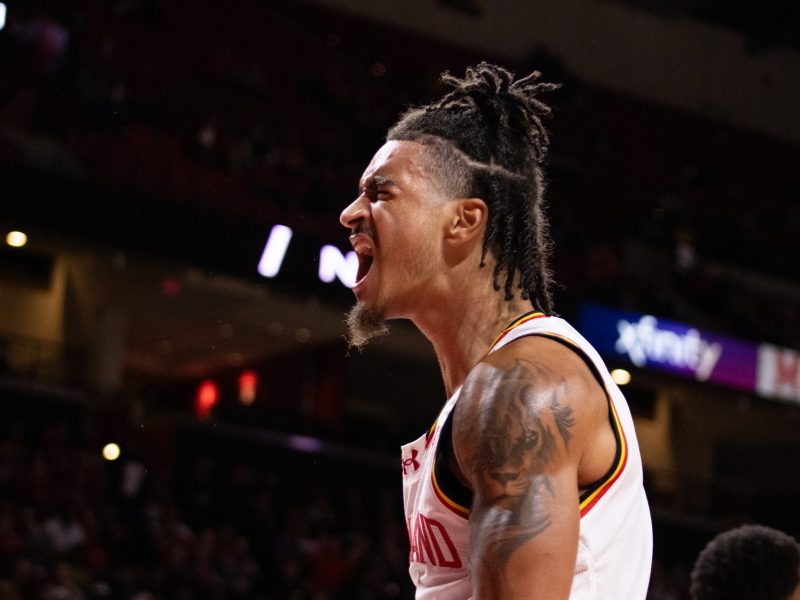
porteouverte
On Nov. 13 in Paris, France, an otherwise peaceful night turned into one of absolute horror as eight armed gunmen orchestrated mass shootings, suicide bombings and hostage situations, leaving upward of 129 people dead and hundreds more injured.
As the events unfolded, the world looked on in utter disbelief, a similar reaction to the international outpouring of solidarity that came after the 9/11 terrorist attacks killed nearly 3,000 Americans. The difference between the two, however, was the way in which the global community took to social media to connect to this year’s tragedy.
I have room for stranded people near chatelet. Tell me if you’re in need, #PorteOuverte.
— Arnaud Dupuis (@ArnaudDupuis) November 14, 2015
I have a home in 18th, I speak english and french #PorteOuverte #PortesOuvertes
— Sarah (@lemaldelinfini) November 14, 2015
Rue Saint Maur in the 11th arrondissement, we have room for you #PorteOuverte
— Benoît Jaubert (@benoitjaubert) November 14, 2015
When the twin towers of the World Trade Center came crashing down in 2001, cable news and radio stations served as the primary agents disseminating information. After all, Mark Zuckerberg wouldn’t officially launch Facebook until 2004 and Twitter wouldn’t be a reality until 2006, so traditional forms of media served as the only way for people to understand the panic in New York City.
Today, Facebook and Twitter are ubiquitous entities — and there’s much to be celebrated in that, considering the integral role they played in equipping Parisians with tools of safety as their city faced gruesome bloodshed.
In the first time ever for a man-made disaster, Facebook made use of its Safety Check tool that enables users in dangerous areas to designate themselves as safe. It likely extended peace of mind to thousands of people across the world who knew someone in Paris.
Twitter hashtags also played an invaluable role in keeping some people in Paris safe. The hashtag #OpenDoor — or #PorteOuverte in French — enabled Parisians to get information out about safe havens for those on the streets to take refuge. Other hashtags spread information about missing loved ones, gave support to Parisians stuck in the U.S. due to canceled flights and fostered a sense of connectedness in the solemn night that followed the tragedy.
Before social media, there was no way to tell if a loved one halfway across the world was safe, and there definitely wasn’t an effective way to spread information about safe spaces in an otherwise dangerous area. Now, those safety measures aren’t just possible — they’re a reality, and we’re all better off for it.
But as with all things in life, there’s good and bad. The good came in the form of increased safety measures and the tricolor filter innumerable Facebook users placed on their profile pictures to show their solidarity with the people of France.
The bad can mostly be summed up in one word: misinformation.
Powerful image from the aftermath in Paris #PrayersForParis #NotAfraid pic.twitter.com/2c0G1czqGS
— Earth Pics (@ThatsEarth) November 15, 2015
A picture of thousands of Parisians huddled together, with a few attendees holding signs that read “Not Afraid,” circulated throughout social media as a symbolism of defiance and national pride. There was just one problem, however: The picture was from the January terrorist attacks against Charlie Hebdo, even though many who spread the picture assumed it was after the recent attack.
It wasn’t the only case of invalid intelligence in the hours that followed the acts of terror. There were reports that Uber increased its fare prices or shut down its services during the chaos. Some on Twitter claimed the Empire State Building lit up in the color of France’s flag in a show of support. Others spread a tweet from Donald Trump that apparently placed partial blame on France’s strict gun-control laws.
Each of those proved to be wrong. Uber did not raise its prices, and there are even some reports that the company’s drivers gave people free rides. Pictures of the Empire State Building in France’s colors were from past events, but the building did indeed go dark at 10 p.m. to honor the victims. And that tweet from Trump? It actually came in the wake of the Charlie Hebdo massacre, and the business mogul had only tweeted good wishes for Paris immediately after this month’s attack.
Still, when considering the life-saving safety measures provided by social media, such instances of misinformation are tolerable. In the future, Facebook should consider activating the Safety Check tool for other cities affected by acts of terror — like Beirut, which lost more than 40 of its citizens in suicide bombings Nov. 12 — and not just Western metropolises like Paris. Similarly, the temporary profile filter would have been a wonderful gesture for many Lebanese who now might frankly feel forgotten in the shadow of France’s tragedy.
Even with some areas in need of improvement, social media is positioning itself as the 21st century’s best asset in the face of tragedy, be it natural or man-made. Future terrorist attacks throughout the world are sadly inevitable, but armed with the networking power of social media, we are a bit better-equipped if and when tragedy strikes.


